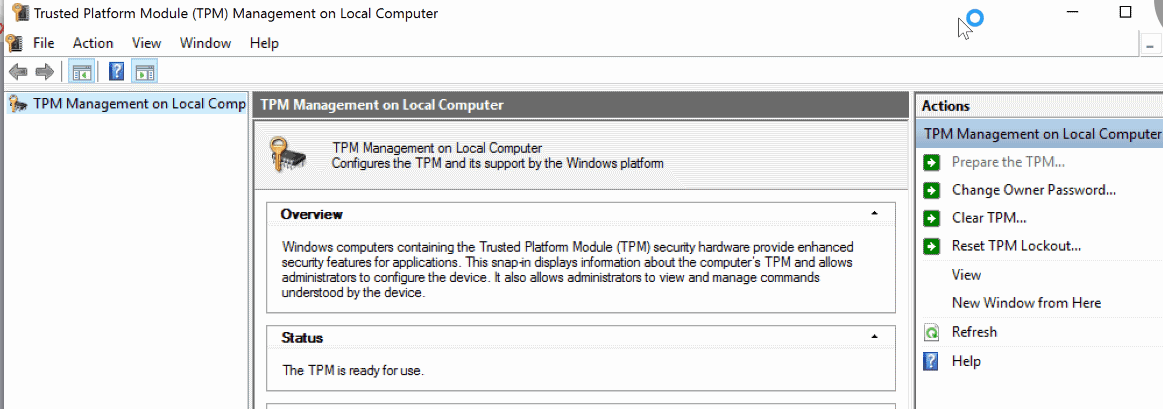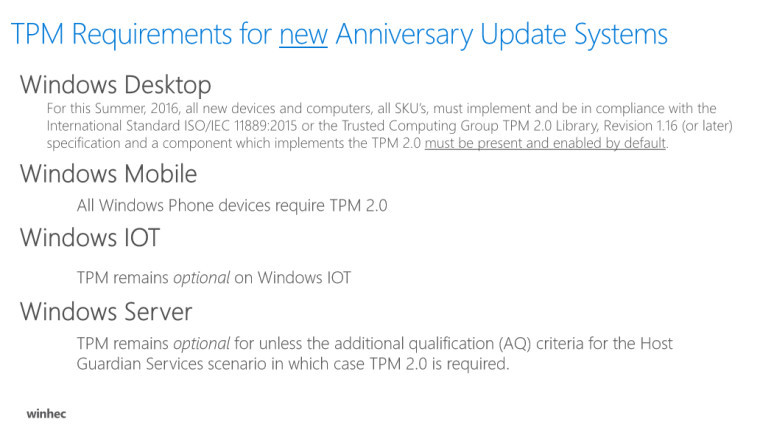
Samsung also adds a separate Knox chip that does hardware-based authentication for passwords, payments, confidential files, etc. Apart from that, the Titan M chip also protects your payment information, lock-screen passcode, and other sensitive information. To give a parallel example in the Android world, Google Pixel phones come with the Titan M security chip that verifies the firmware and checks if it’s tampered with before booting the device. Hence, the TPM chip becomes an elevated, hardware-based “root-of-trust” that the OS can always trust. Since it’s a hardware-based module, it’s impossible for malware to manipulate it through traditional software methods. It’s a cryptoprocessor that holds keys to sensitive information, including your PC’s PIN or password, Windows Hello authentication data, encryption keys for Bitlocker, security-critical keys, and more. In basic terms, TPM (Trusted Platform Module) is a hardware chip that’s responsible for protecting your PC from ransomware or any other kind of hacks and malware. How to Check If You Windows 10 PC Has a TPM Module?Ĭan We Add TPM Module To Laptop/ Desktop Motherboard? How to Enable TPM in BIOS/ UEFI to Run Windows 11? Look for AdvancedAMD fTPM Configuration in the Advanced tab, and switch the TPM Device Selection setting to Firmware TPM.Which Processors Have Built-in TPM Support? To activate it on Intel motherboards, head to the BIOS, go to the Advanced tab, select AdvancedPCH-FW Configuration and change PTT to Enable.ĪMD motherboards follow the same process but with different names. Asus AsusĪsus includes support for firmware TPM on the most recent AMD chipsets and Intel chipsets dating back several years. Make sure to consult the list of supported AMD processors and supported Intel processors before upgrading.Īfter enabling TPM and running the PC Health Check app to make sure your machine is up to snuff, you can download Windows 11 and check out the new operating system. CPU support only goes back to AMD Ryzen 2000 and Intel 8th-gen.

It offers the same capabilities of a discrete TPM, just without a dedicated module.Īlthough all of the chipsets below support firmware TPM, that doesn’t mean they all support Windows 11.

This is enabled by Intel Platform Trust Technology (PTT), which is available on most consumer motherboards. Instead of a dedicated module, the TPM firmware uses power from the CPU for processing. Now, major motherboard companies have finally come out with guidance on which boards come with the feature.Īsus, ASRock, Biostar, Gigabyte, and MSI are among the first motherboard makers to round up all of the chipsets that support TPM.


 0 kommentar(er)
0 kommentar(er)
